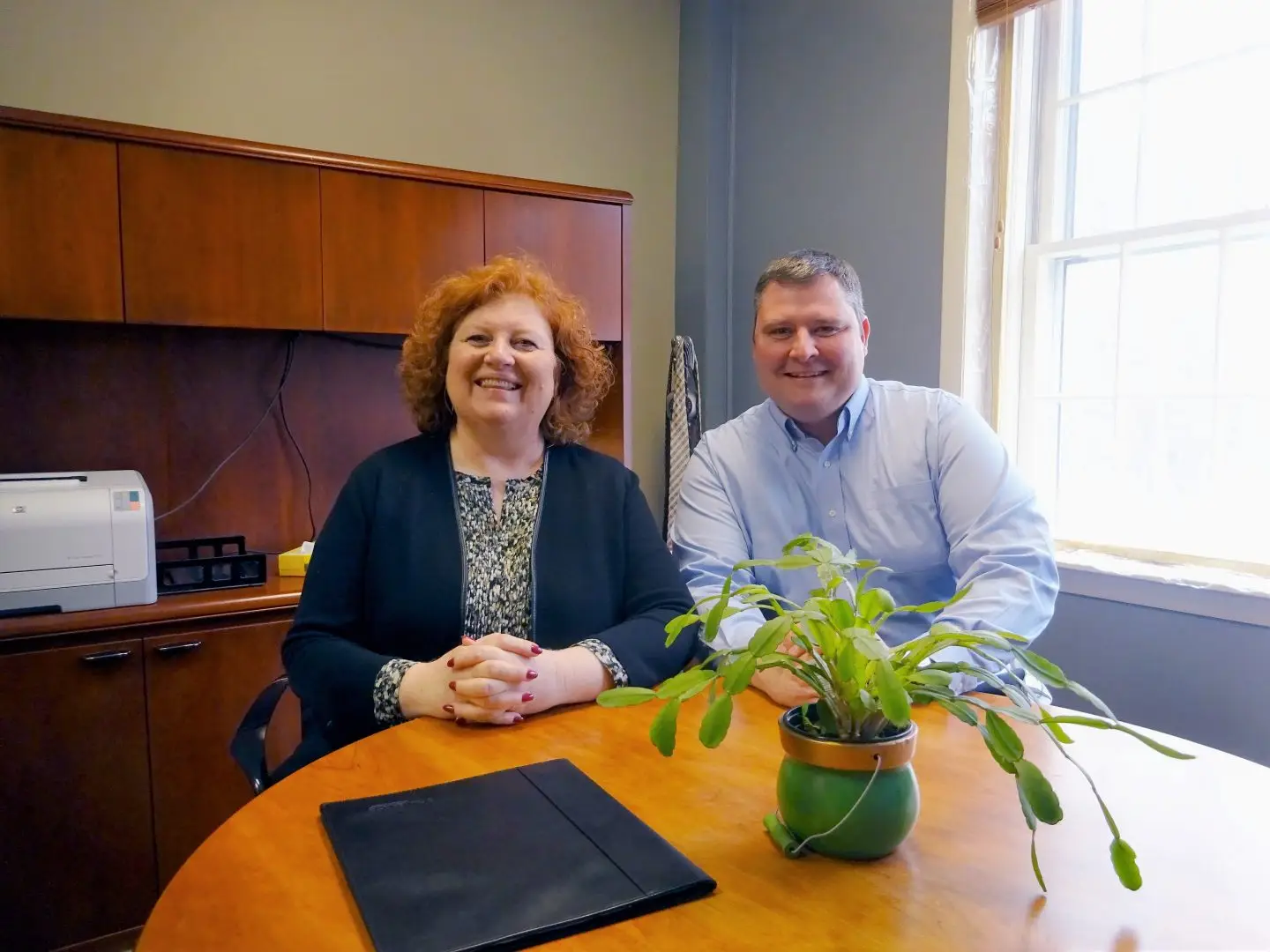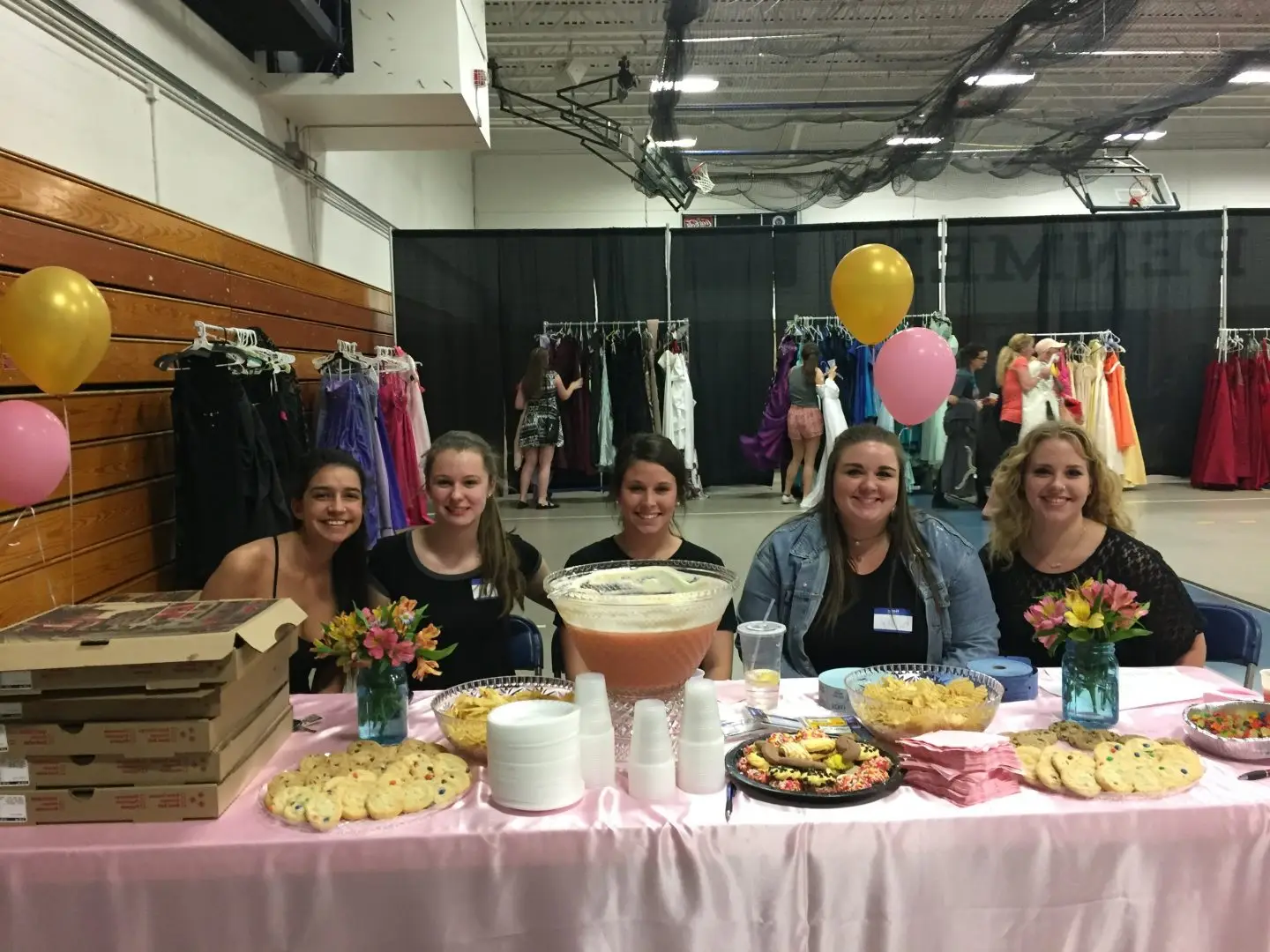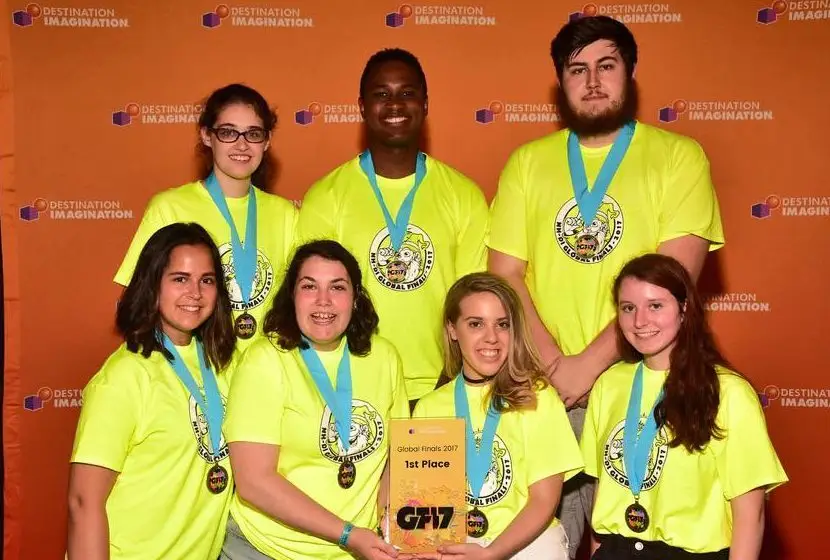SNHU President, Paul LeBlanc, along with a team of three employees, visited Africa from October 24 to November 1. During his visit, LeBlanc visited refugee learners and spoke at two commencement ceremonies in Kenya and Rwanda through SNHU’s Global Education Movement (GEM).
The GEM initiative aims to educate and empower their learners. GEM is the first large-scale online learning initiative for refugees, partnering with in-country organizations to deliver high-quality, low-cost education tailored to meet the needs of displaced learners. The organization has been running since 2017 and has locations in Rwanda, Kenya, South Africa, Malawi, and Lebanon.
“Periodically, I have paid visits in order to preside over commencement ceremonies, but also to support the team and understand what’s going on,” LeBlanc said. “One of the things I learned very early on when I started here 20 years ago is, when doing an international program, you can’t keep them at arms length. You really have to check in on a periodic basis and make sure students are being well cared for and things are being well run.”
LeBlanc wanted to go back and visit earlier; however, due to the pandemic’s travel restrictions, he hasn’t had the chance. His goal for his trip was to spend time with GEM Program partners and work with them.
“[The goal was] to make sure we maintain a really strong relationship with our partners, spend time with them, thank them, and make them understand how much we value them,” said LeBlanc. “[We] also hear what we can do better. We have a team of our own people there in Rwanda. In South Africa, it’s called GEM Hub and they do a lot of administrative back office and assessment work.”
In Kenya, the Kakuma Refugee Camp is the largest refugee camp in the continent and it’s a place where students can get access to computers. LeBlanc was inspired by learners in the Kenyan Refugee camp and their dedication to getting an education.
“They are all inspirational in their own way,” said LeBlanc. “I loved meeting their parents because these are mostly [first-generation students]; it [brought] an amazing amount of pride. What I was struck with was a number of them who were born in the camp, lived their whole life in the camp, and had never been outside of it. This was their first trip, to graduate from university. They never have stepped in the outside world, they know what it looks like, they have phones and television, they see the news, they see the world, but seeing it and experiencing it are two different things.”
The classes change students’s lives. Students get jobs and have the freedom to move out of the camp once they graduate.
“I always love those reminders of the transformational impact of what we do,” said LeBlanc. “I don’t know if there’s any population more fully transformed than our refugee learners. Rwanda is pretty generous in terms of their ability for refugees to have jobs and also freedom of movement. In Rwanda, 90 percent of our graduates have jobs at the day of graduation. That changes everything. They move out of the camp, they move their family with them.”
LeBlanc sees the ripple effect education can cause in students’ lives.
“When we impact a student, we impact everyone,” said LeBlanc. “It’s like a stone in the pond: it has a ripple effect. … It’s very powerful to see the impact we are having on students and how immediate that can be. I always feel like it charges my batteries and inspires me to do [more of] this work.”
LeBlanc saw these learners in hard places still persevere; he saw their creativity and the joy of graduation that these students experience. The students who have gone through so much have so much to offer.
“What I saw was, even in the hardest places, the resiliency, talent, creativity, and joy is really remarkable,” said LeBlanc. “It’s a testament to the human spirit. … It’d be easy to only think about refugees in terms of their deficits: what they don’t have, what they are suffering through. But I think every time I visit our GEM sites, what I’m also reminded is what assets they have, what talents they have. Who wouldn’t want these employees? These are people who [have] been through more than any of us could reasonably ask to go through and here they are working hard, thriving, helping others. The generosity of their spirit is enormous. I think it’s incredibly inspiring, that was my big takeaway. To be able to give them better dreams is a powerful thing. We allow people to dream bigger dreams for themselves.”




